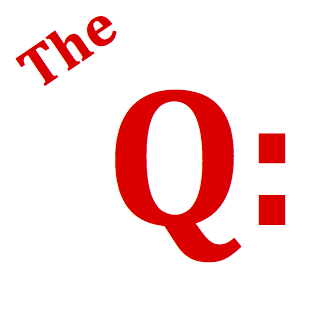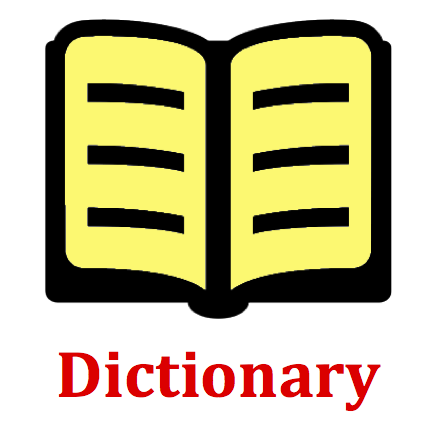Hold down the T key for 3 seconds to activate the audio accessibility mode, at which point you can click the K key to pause and resume audio. Useful for the Check Your Understanding and See Answers.
Mission SE10 Electric Field - Question Group 4 Help

A 4 microCoulomb charge exerts a force of 9.0 x 10-6 Newton on a 3.0 x 10-9 Coulomb test charge. The electric field strength created by the 4 microCoulomb charge is ____ N/C.

Any source of charge Q will create an electric field in the space surrounding it. The strength of an electric field (E) at any given location in this space can be determined by placing a test charge q in the space and measuring the force (F) that is exerted upon it. The electric field strength is defined as the amount of force per unit of charge on the test charge.
E = F / q

The electric force (F) depends upon a number of variables as described by Coulomb's law:
In the above equation, Q1 might be the source charge Q and Q2 might be the test charge q. If the expression for force as given by the Coulomb's law equation is substituted in for F in the electric field strength equation, then the equation for electric field becomes

It is easy to become confused by the mathematics of electric field strength. It is important to bear in mind that there are always two charges involved in any electrical interaction. In this case, the charges are Q and q. Big Q represents the source charge which creates the electric field. Little q represents the test charge which is used to measure the strength of the electric field at a given location surrounding the source charge. Give considerable attention to the charge quantity - Q or q - being used in each equation.
